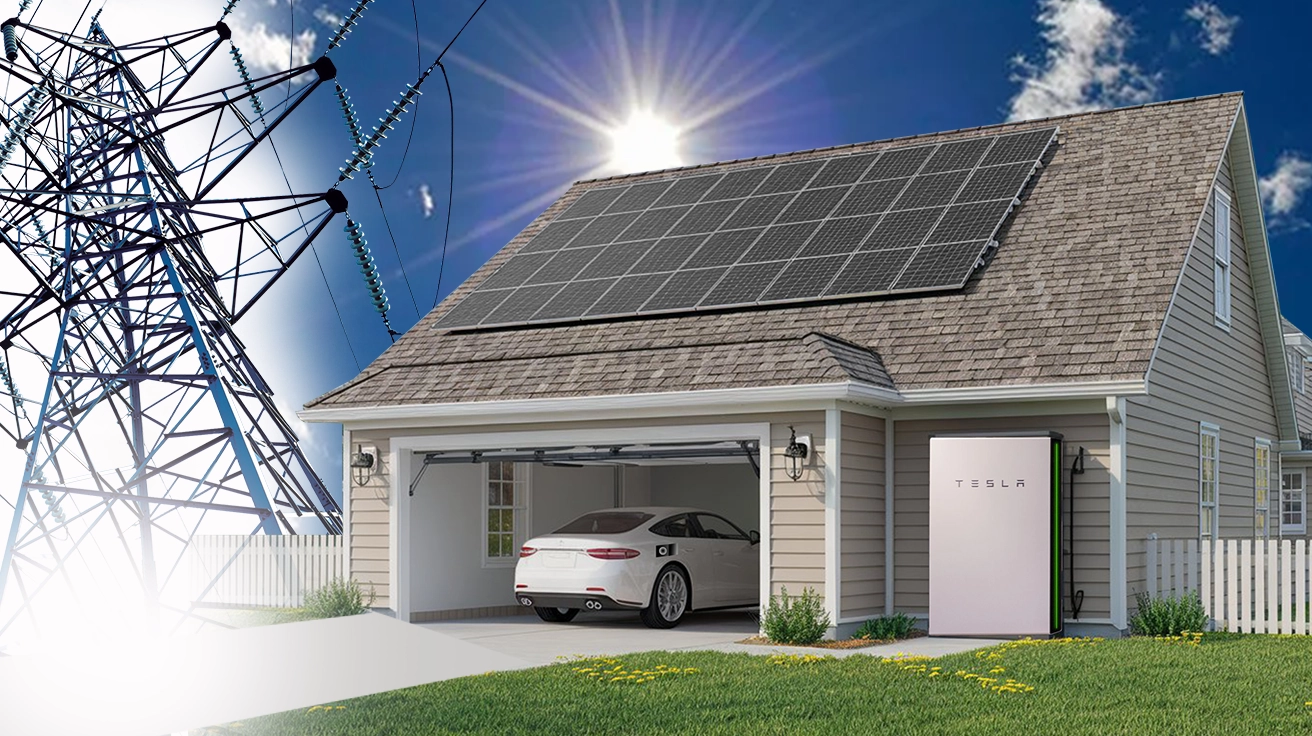- Updated On: March 28, 2025
Solar Battery Storage: Top Reasons to Invest in Backup Solutions
With frequent long power outages in the United States due to bad weather conditions and grid failures, homeowners are now seeking solutions to protect themselves and reduce their reliance on the power grid. Solar battery storage is a great option if you are struggling with frequent outages and high energy bills. You can get the most out of your home solar panels if you pair them with a reliable solar battery.
Imagine you’re at home on a stormy night, watching TV, and running the washing machine, then suddenly the power goes out. Now, consider the same scenario, but with a rooftop solar system with solar batteries; you may not even notice that the grid is down. That is the power of solar with a battery storage system. Also, if you have a grid-tied system, you can use stored energy during on-peak energy hours to eliminate high bills or maximize your utility incentives.

How does a solar battery storage system work during outages?
Resilience is the main reason why people generally install solar batteries in their homes. In a power outage, a solar battery backup enables you to keep the lights on even when the rest of the neighborhood is without power. It stores solar power when your PV system generates electricity during the sunlight hours. A residential battery storage works as follows:
- Solar panels convert sunlight into electricity.
- The excess power charges the backup battery.
- The batteries power up the home with stored energy when needed, like during an outage, on-peak hours, for EV charging, etc.
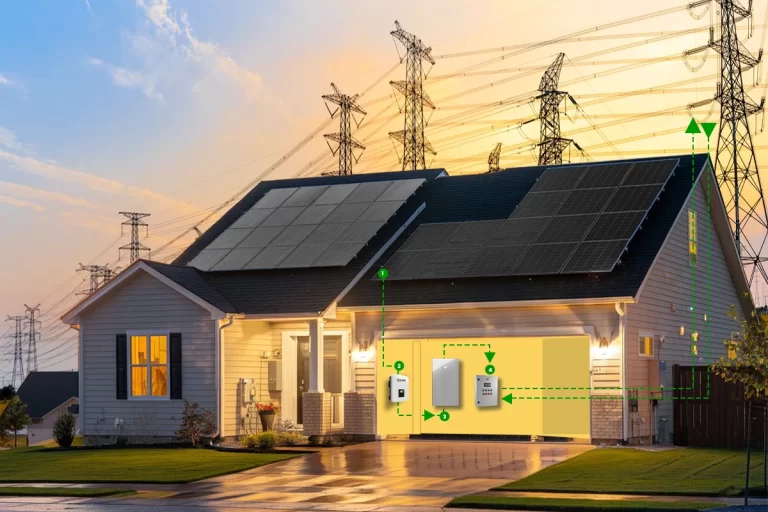
What are the top benefits of solar battery installation?
Solar battery storage paired with a home solar panel system makes your home a powerhouse for maximum saving and energy independence. Let’s have a look at the primary advantages:
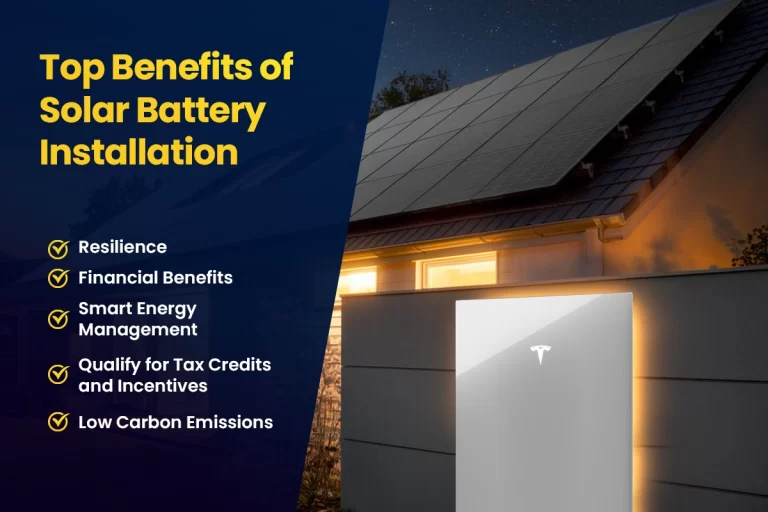
Resilience
Resiliency refers to the ability to supply power even during unexpected events like storms or other grid outages. And energy storage offers that emergency backup power. During a grid interruption, you can continue to use your lights with a solar battery system. As bad weather conditions are becoming more frequent, the resilience benefit is the main reason why the majority of household and business owners install energy storage.
Financial Benefits
Energy Management
You may connect your solar batteries to a home energy management system, such as a SPAN Panel, to have even more control over how much energy you use. The smart panel will track your home energy data, such as your energy consumption and timing, and help you achieve energy efficiency with energy management.
Qualify for Tax Credits and Incentives
Low Carbon Emissions
How much do solar batteries cost?
The solar battery price is determined primarily by the size or capacity measured in kilowatt-hours (kWh). The cost also varies with the type of battery, installation location, backup power requirements, and type of solar inverter installed. However, the 30% federal tax credits and battery incentives are available to help you offset the cost of a residential backup battery.
Solar battery vs. generator: which is best for the home in a power outage?
When deciding between a solar battery or a generator, cost may be a deciding factor for the homeowner. Generators are less expensive, but there are lots of pros of a battery storage system. When paired with a solar system, it saves on electric bills in ways a generator can’t. Also, solar battery storage does not require fuel, and it provides an environment-friendly, noise-free energy backup option that a generator can’t.
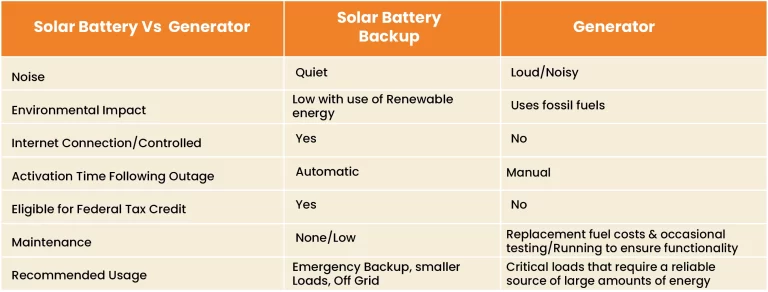
What are the best solar batteries in the market?
1- Tesla Powerwall 3
Powerwall 3 is a fully integrated solar and battery system tailored to your home’s requirements. It can provide more power with a single unit and is easily expandable according to your future demands. Since Powerwall 3 has an integrated solar inverter, solar may be connected directly for maximum efficiency.
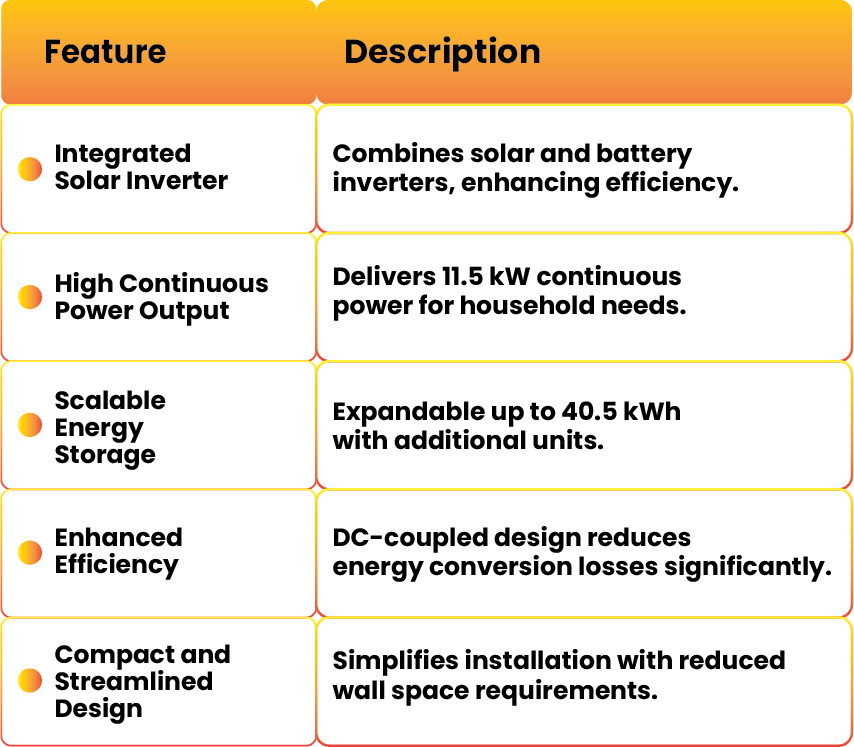
2- Panasonic EVERVOLT®:
The EVERVOLT® home battery system integrates a powerful lithium iron phosphate battery and hybrid inverter with your solar panels, generator, and utility grid to provide you with whole-home backup storage. You can use Panasonic EVERVOLT® as a stand-alone battery that protects you in emergencies, or it can be connected to solar PV systems. Also, with an easy-to-use smartphone app, you can manage, track, and regulate capacity and usage for increased energy independence.
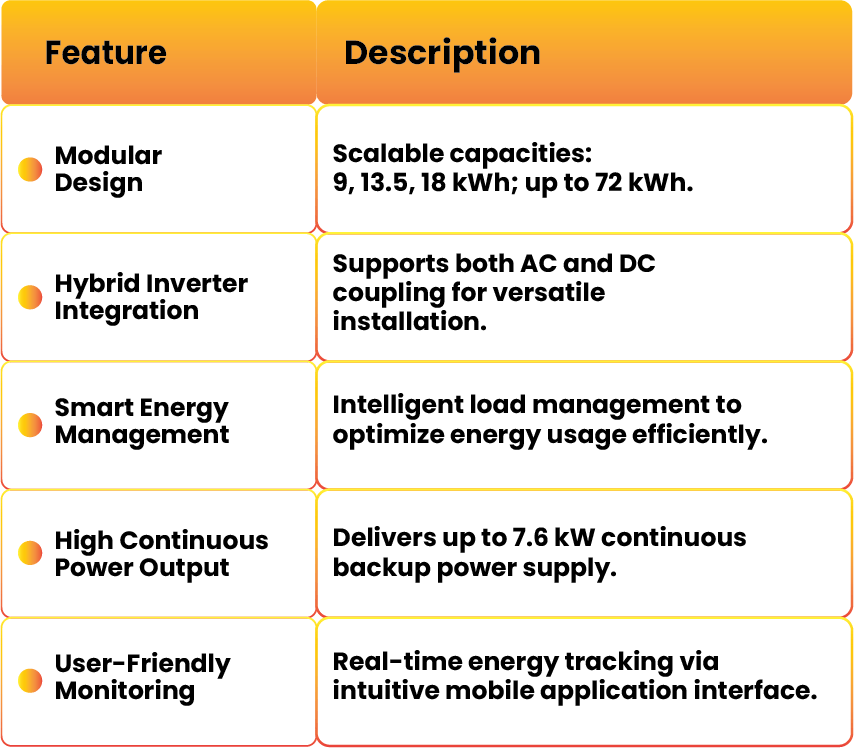
3- Generac PWRCell 2:
The Generac PWRcell 2 is a home energy storage system that can provide whole or partial home backup power. It is the most powerful and versatile solar battery on the market. The Generac PWRcell 2 is a great choice for homeowners seeking a backup power source in case of outages.
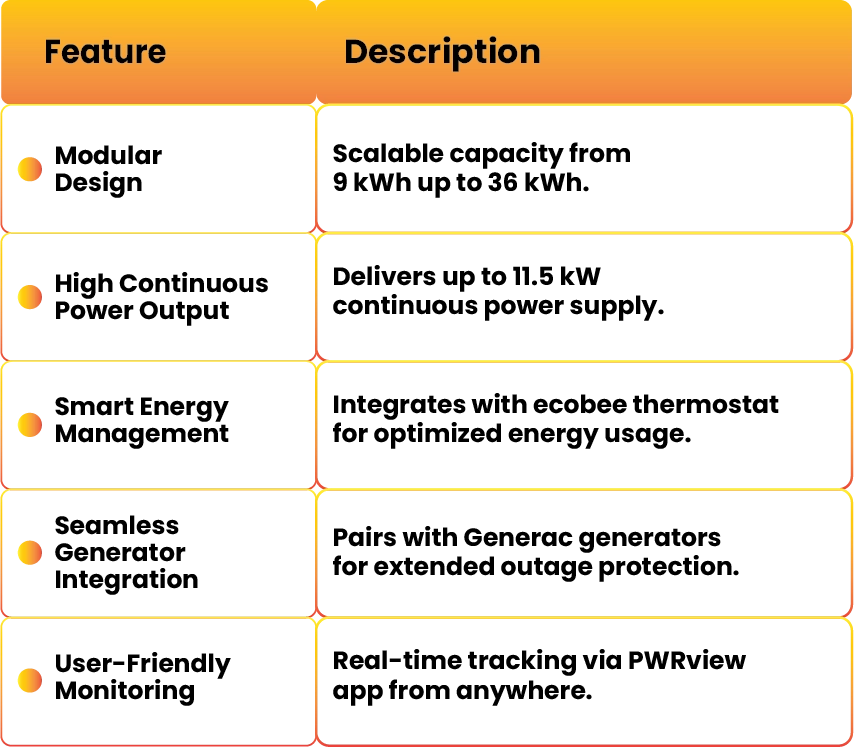
4-LG Chem
: In the US market, LG Chem manufactures one of the most popular batteries. Often used in conjunction with a home solar panel installation, these batteries are sized for daily use. Installing a storage solution like the LG Chem RESU or RESU Prime with a solar energy system allows you to maintain a sustained power supply. Explore more battery storage options!
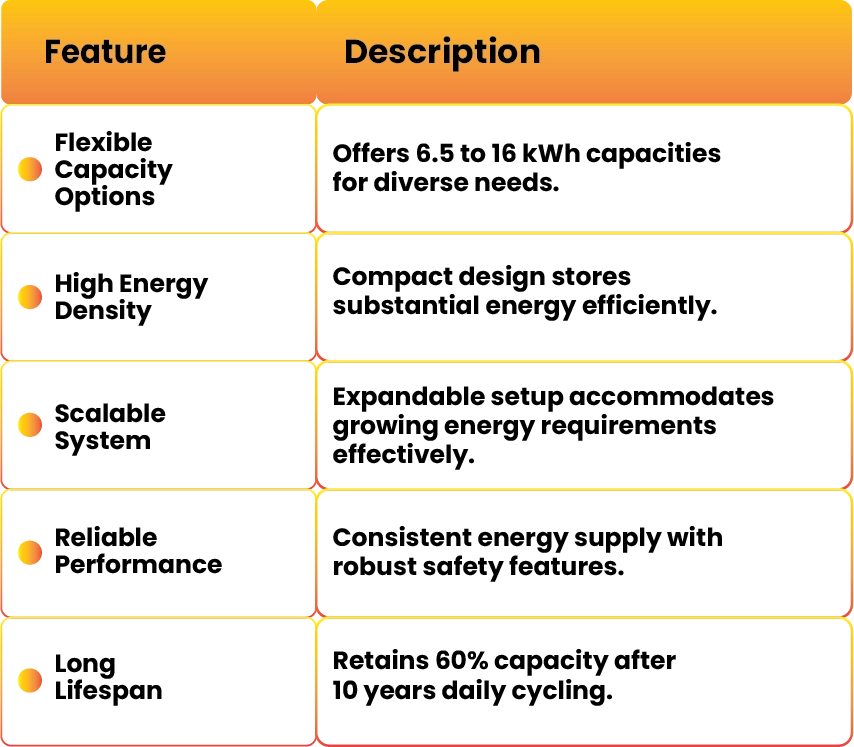
5- Enphase Encharge:
The Enphase Encharge home battery system is a full AC-coupled storage solution. The system is safe, reliable, and powerful enough for homeowners to power their homes.
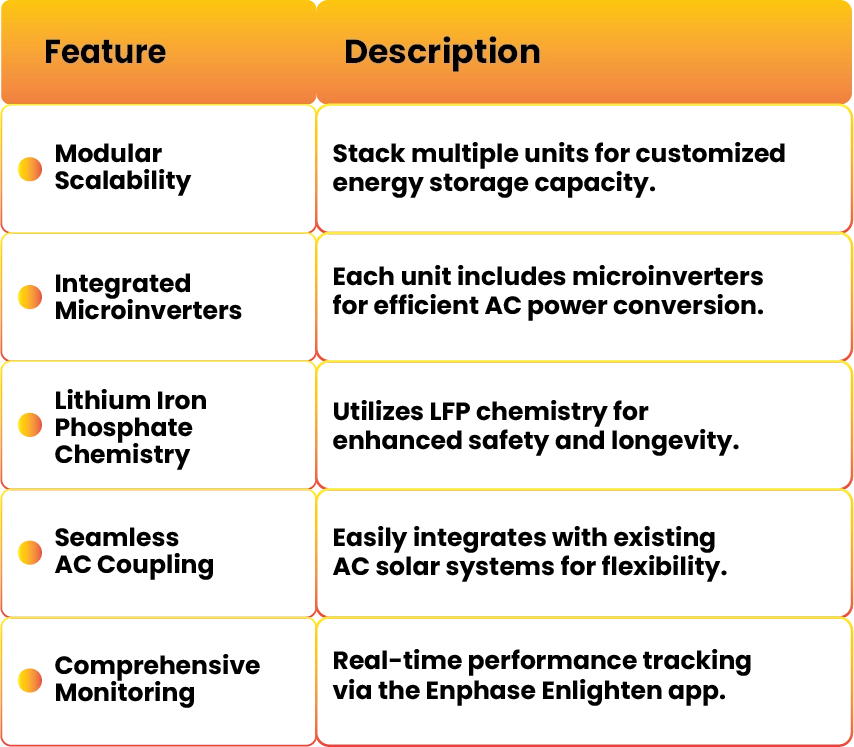
Choosing the right solar battery storage is essential to make the most out of your investment. We recommend you to consult with a local solar installer like Solar SME for the tailored backup solutions according to your energy needs. You can book an appointment or get a FREE QUOTE for estimated solar savings with batteries.
Related Articles:
2025 is a game changer for solar energy as the U.S. accelerates its transition toward a sustainable future. Because of skyrocketing energy bills, persistent inflation, and increasingly frequent long power outages.
Are you exploring options for reducing your reliance on the grid? Are you living in remote locations, like a cabin in the woods or an area that isn’t connected to the grid yet?
When a homeowner decides to transition to solar power, the first concern is what type of home solar system is good for him. While on-grid solar connects you partially with the grid and an off-grid system is grid-independent, hybrid solar is a “solar-plus-storage” system.



